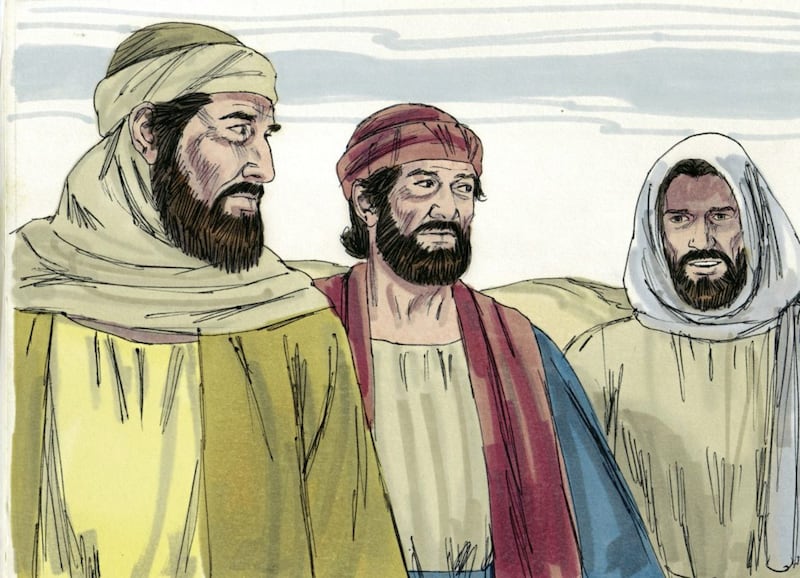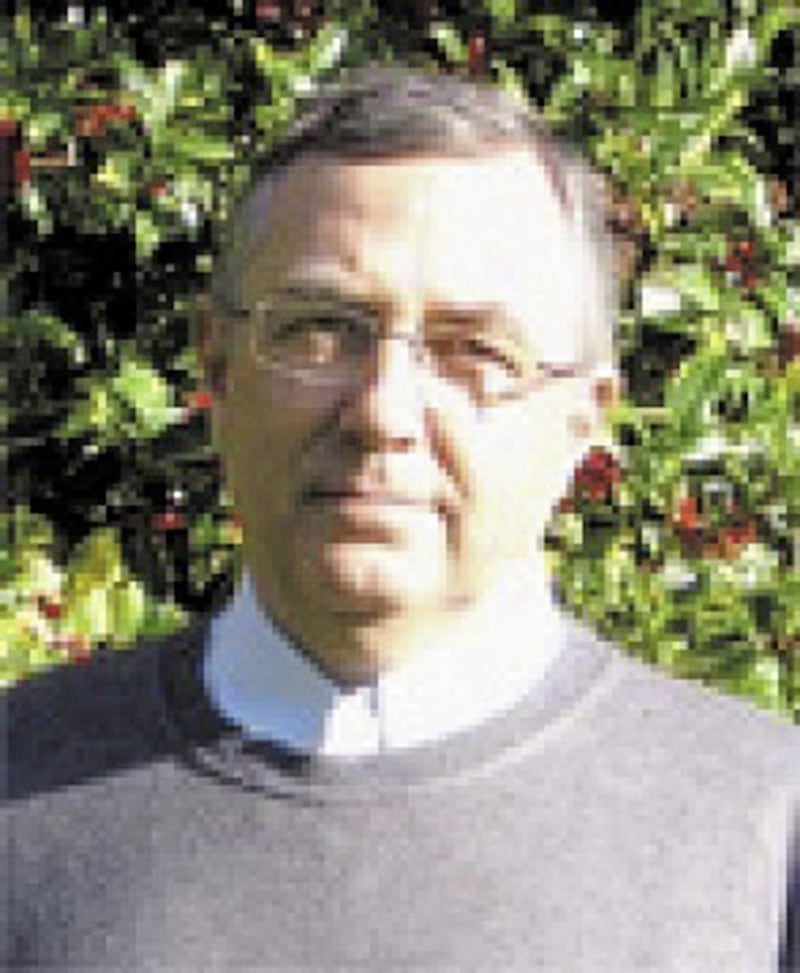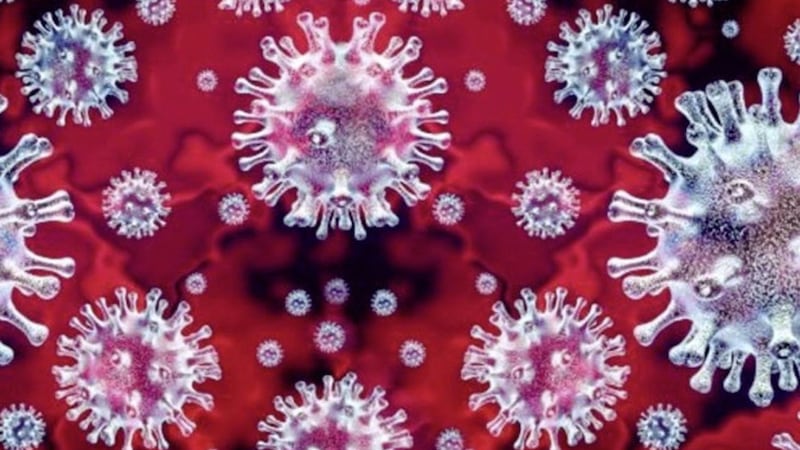HAPPINESS and knowledge seem always to have enjoyed an at best precarious relationship.
For knowledge has frequently turned out to be a cause, not of happiness, but of its opposite.
Nowhere possibly is this more dramatically illustrated than in the ancient Greek myth of Oedipus.
When Oedipus eventually realised he had unwittingly enacted the very fate of murdering his father and marrying his mother that he had striven so intently to avoid, this tragic knowledge drove him to blind himself.
In recent centuries, in the Anglophone sphere at any rate, the suspicion that knowledge and happiness are incompatible has found now almost proverbial expression in Thomas Gray's (1716-1771) celebrated lines: "Where ignorance is bliss, / 'Tis folly to be wise."
Not that Gray was extolling wilful ignorance as a royal road to happiness, but rather strongly suggesting that the possible paradise of childhood and youth is time-limited, and unlikely to last far beyond life's inevitable confrontation with adversity.
Or, as F. Scott Fitzgerald (1896-1940) was to put it closer to our own times: "Happiness is a prerogative of the perennial children of this world, and not too many of them."
At a more immediately tangible level, the truth of the basic proposition that there is at least a potential tension between knowledge and happiness seems to be borne out by the fact that we all know we are mortal, but no-one (probably) would be happy to know exactly the date of their death in advance.
On this vital issue, ignorance is surely the preferable option.
And yet contemporary society undoubtedly owes an incalculable debt to knowledge or science and places a correspondingly high value on it.
In the current pandemic we are constantly encouraged to listen to the guidance offered by 'science'.
The well-known maxim 'knowledge is power', formulated by Thomas Hobbes (1588-1679), one of the intellectual architects of the modern world, could virtually stand as an expression of the creed of modernity.
And as a maxim, it is clearly true in a multitude of circumstances, where it signals the control human beings have attained over their environment and hence potentially their ability to make life less "solitary, poor, nasty, brutish, and short" than Hobbes envisaged it might otherwise be.
But the notion that knowledge can clearly confer benefits on humanity may obscure the at least equally weighty matter of how knowledge can also be destructive.
We all know we are mortal, but no-one (probably) would be happy to know exactly the date of their death in advance. On this vital issue, ignorance is surely the preferable option...
As we have seen in the tragic case of Oedipus, knowledge can also lead not to light, to say nothing of power, but to darkness, literally.
In the opening book of the Bible, another search for knowledge - the knowledge of good and evil - leads in the case of our First Parents also to a kind of darkness.
They seize the knowledge they desire, and it turns out to be a real 'eye-opener', but in no happy sense.
The text reads: "Then the eyes of both were opened, and they knew that they were naked" (Genesis 3:7).
Their almost first instinct is to hide. Expulsion from paradise follows and Adam and Eve then have to start living with the consequences of the loss of their carefree existence, defencelessly exposed in a hostile world.
In view of how these ancient stories seem to paint an apparently pessimistic vision of human existence, where the pursuit of knowledge ends inevitably in an awareness of what Yeats once called "the desolation of reality", it may be interesting to note that a phrase almost identical in formulation to the expression used in the Book of Genesis is also found at the end of the Emmaus story in Luke's Gospel.

After walking part of the way with Jesus, talking with him and dining with him, suddenly the disciples' eyes were opened.
The text reads: "When he was at table with them, he took the bread and blessed, and broke it, and gave it to them. And their eyes were opened and they recognised him' (Luke 24:30-31).
The possible connection between these two incidents in scripture has been highlighted by some modern commentators, and was suggested even as far back as the fifth century by St Leo the Great (c. 400-461).
But is this just a matter of a chance echo in scriptural formulations, without any further religious significance?
Or are we perhaps dealing with a quintessentially Christian notion of a 'reversal of expectations', where the final 'recognition' or understanding of 'reality' is that human life is not, as one caustic wit put it, 'a sexually transmitted disease', but rather an invitation to taste and share for ever in the life of God?
When Adam and Eve had their 'eye-opening' experience, they gained insight into the wretchedness of their condition.
When the Emmaus disciples had their 'eye-opening' experience, it finally dawned on them that all wretchedness can be transfigured by God without whom it would never have been 'wretchedness' in the first place.
Whether moderns will be attracted by the invitation, extended by Christian hope, to believe in the possible divine transfiguration of humanity's lot, or prefer to play safe and rely solely on the sure knowledge they already have of human limitations, is of course not a question anyone can be compelled to decide on.
But it might be worth thinking about.
Martin Henry, former lecturer in theology at St Patrick's College, Maynooth, is a priest of the diocese of Down and Connor









